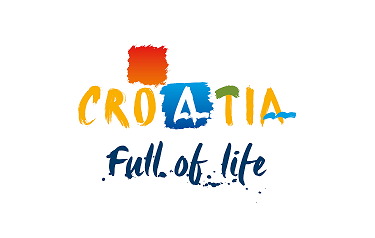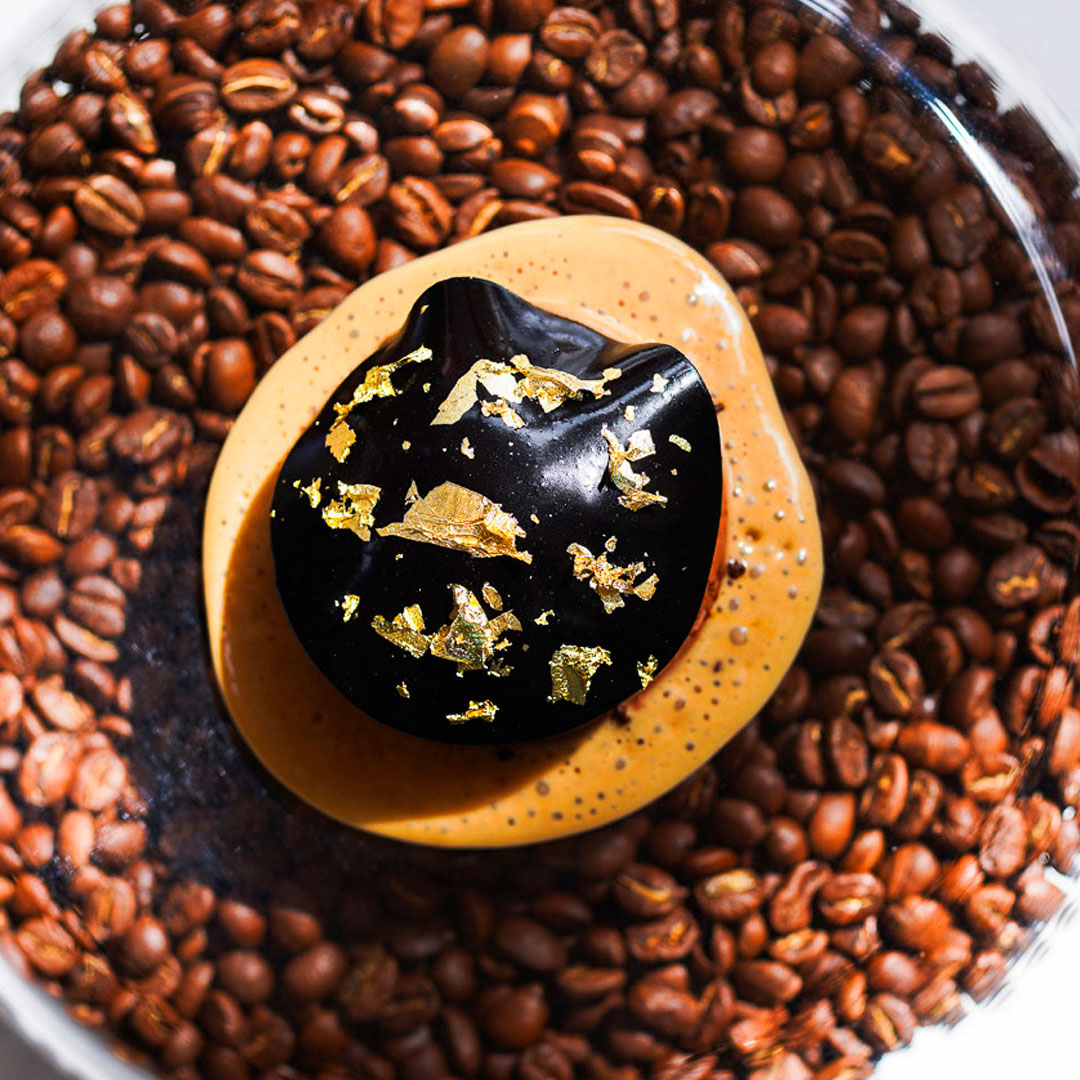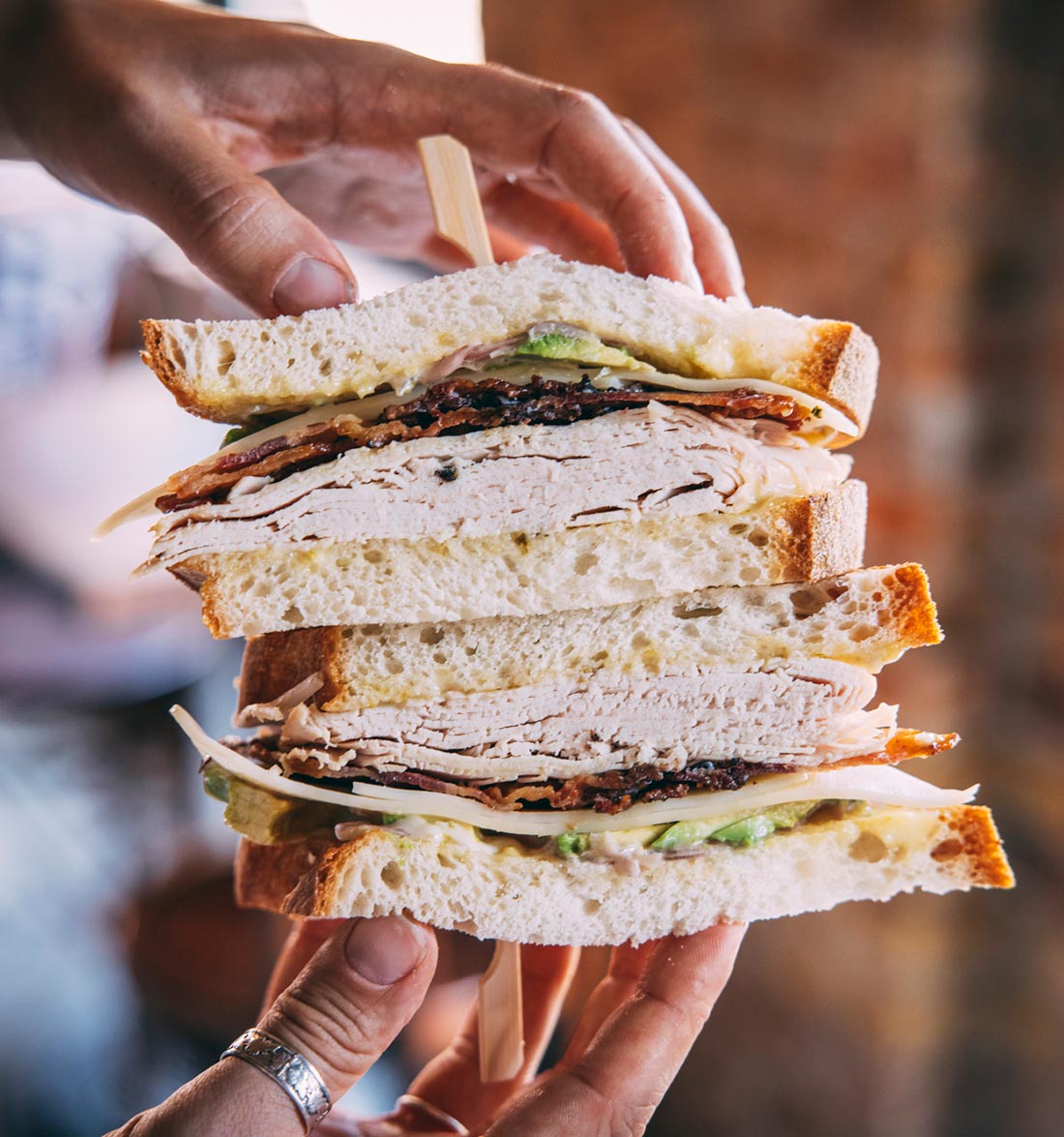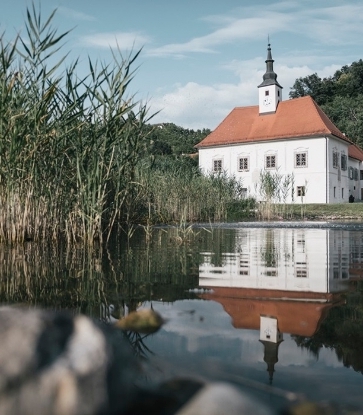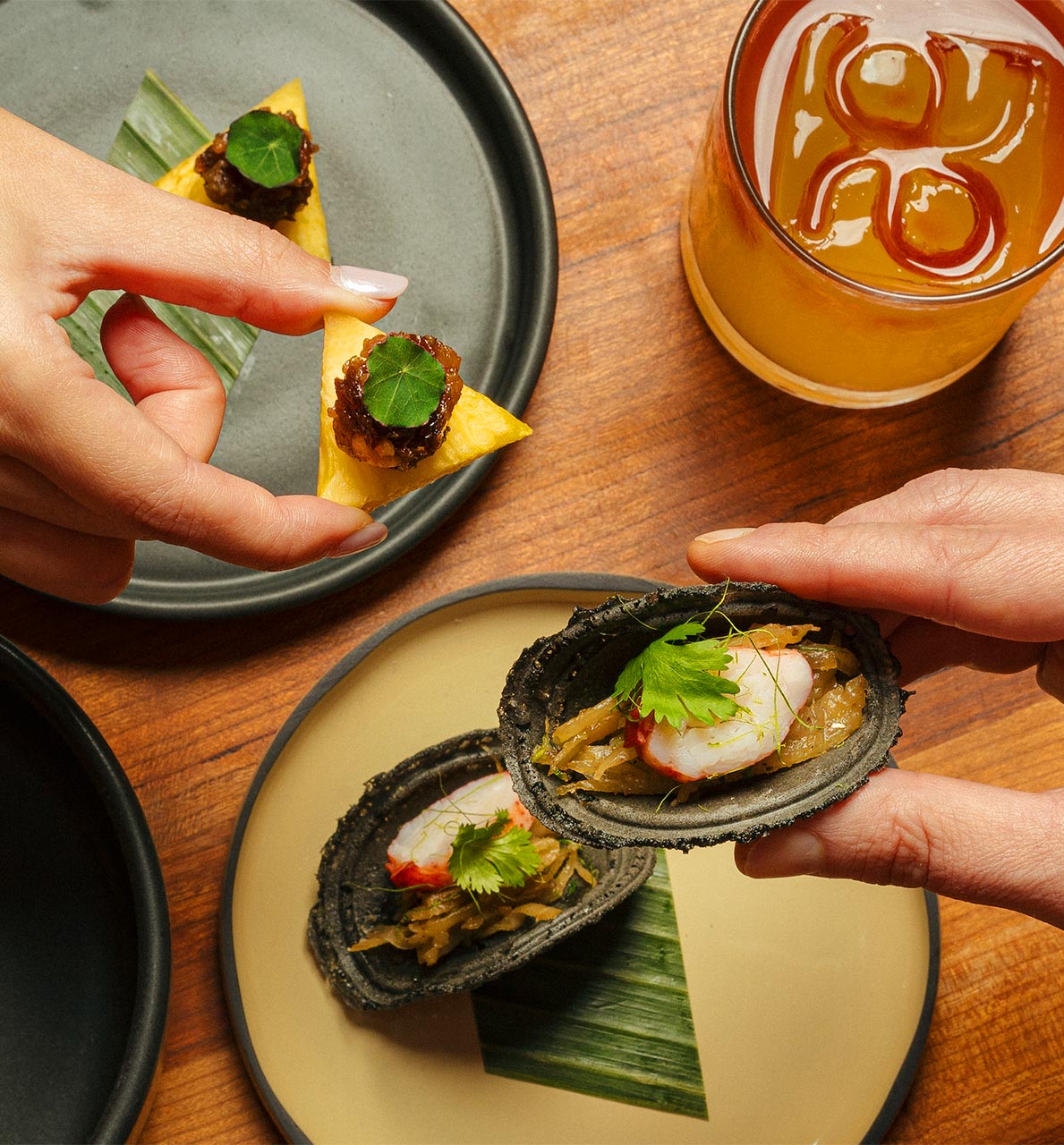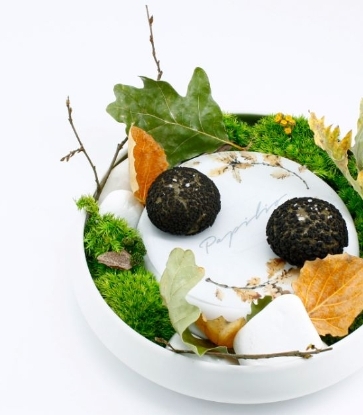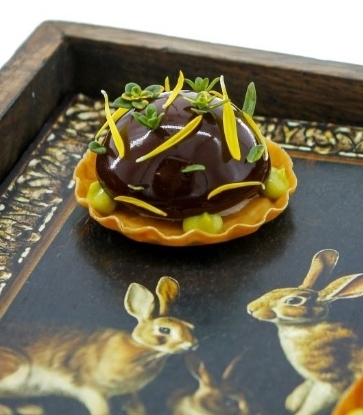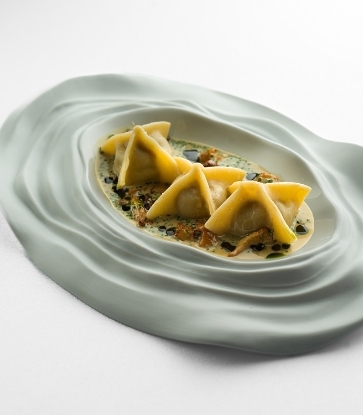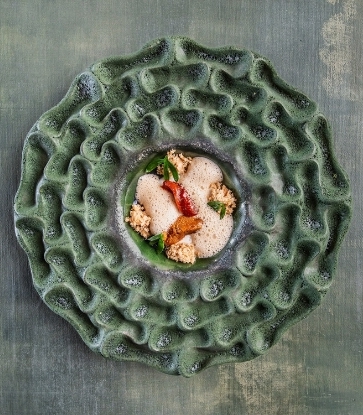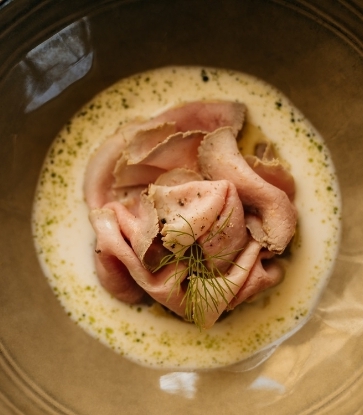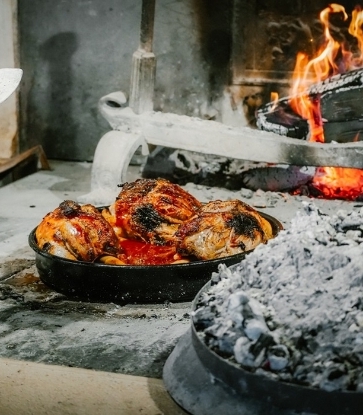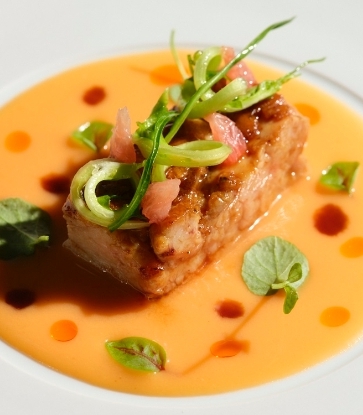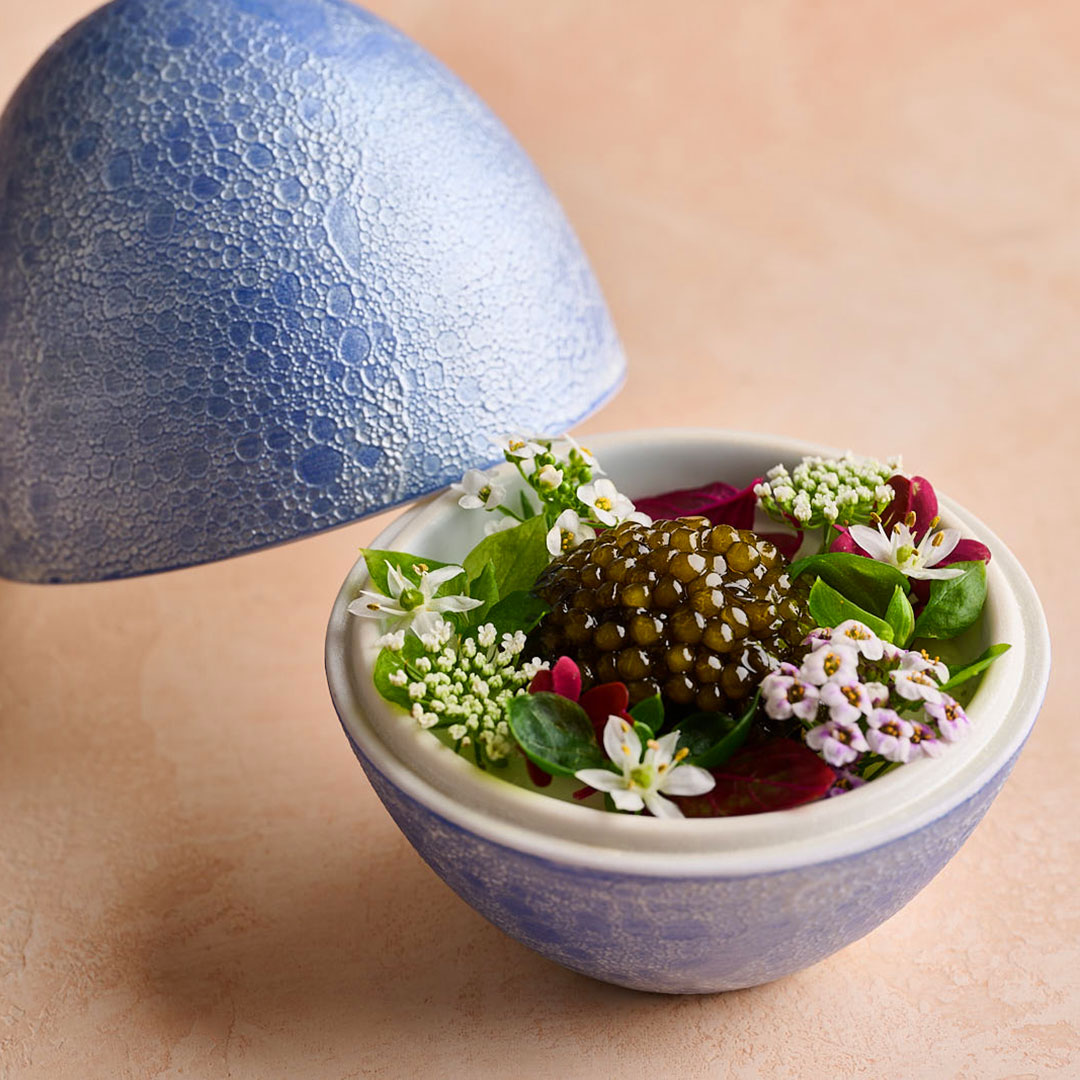Full of surprises, Croatia is guaranteed to delight every visitor. Its crystal-clear sea attracts tourists thanks to its beauty and clarity, offering the option of swimming as early as late spring thanks to the country’s mild, Mediterranean climate. Its nature reserves are ideal destinations for a relaxing hike in beautiful natural surroundings, while its cities are teeming with monuments that bear witness to a history that has deep roots. With so much on offer to visitors, we would like to introduce you to central Croatia, a part of the country that is perhaps not as famous or well-known as others yet is equally fascinating.
Here, you’ll find an endless variety of delicious gastronomic treats. Sample typical cheeses such as prga and kvargl, as well as sausages (black pudding, garlic sausages, white sausages), hams, pork crackling and kotlovina (meat and vegetables cooked outdoors in a large pan) from Samobor and Moslavina. This region also boasts numerous varieties of mushrooms (porcini, black trumpets, chanterelles, parasols etc) which are used in delicious soups and risottos.
Other specialities include roast turkey, goose or duck with mlinci (a type of flatbread served with fat from the roast meat), meso 'z tiblice (meat preserved in lard), tripe, different types of goulash and various game-based dishes. The local bread, which is prepared with local stone-milled grain and baked in a wood-fired oven, is also excellent. Considered a sacred food in Croatia, bread is always served with the utmost care, while in autumn, dishes made from pumpkin and pumpkin seed oil, which is rich in nutritional properties, make an appearance on menus.
Visitors with a sweet tooth will be in their element in Croatia! The country offers an array of traditional desserts, such as gibanica from Međimurje, štrukli from Zagorje, strudels, klipiči, zlevanke, rudarska greblica, loparka, vrbovečka pera, knedli (dumplings), orahnjača (walnut roll) and makovnjača (poppy seed roll), bučnica (pumpkin strudel), buhtli, krofni (doughnuts), medenjaci (honey cookies) and paprenjaci (black pepper cookies).
In addition to its delicious food, central Croatia is also renowned for its wine, much of which is produced in traditional family-run wineries. This hilly region (one of Croatia’s four wine-producing areas) extends from the centre of the country to the north-west, and includes the terroirs of Međimurje, Zagorje, Prigorje, Plešivica and Moslavina.
Most of the wine production focuses on white grape varieties such as Rhine Riesling, Sauvignon Blanc, Pinot Grigio and Bianco, Chardonnay, Sylvaner Verde (silvanac zeleni), Welschriesling (graševina) and Yellow Muscat (muškat), as well as interesting native varieties such as pušipel from Međimurje and kraljevina. Some of the grape varieties are so unique that they can only be grown in a specific terroir – škrlet, for example, is only found in Moslavina.
Despite the predominance of white grapes, the region also successfully cultivates black grape varieties such as Pinot Noir and frankovka, which produce superb wines. As most of these wineries are family run, they tend to focus on traditional wine production, mostly using organic or biodynamic methods – a sustainable approach is one of the hallmarks of Croatian wine-making. In the last few years, thanks to the particularly favourable climate and soil conditions in this region, there has been an increase in the production of sparkling wines, particularly in Plešivica where kraljevina has proved to be an excellent grape variety for this type of wine.

And it is in the Plešivica region, a verdant paradise with thousand-year-old wine-making traditions, that Korak Winery is situated. Here, beautiful natural landscapes abound, carefully tended and protected by man to ensure that they are as productive as possible. The old Korak family farmhouse, which dates back to 1900, was completely refurbished in 2019 and is now home to an estate that combines top-quality wine production with fine dining. The jewel in the crown is the MICHELIN-starred Korak restaurant, which has also been awarded a MICHELIN green star for its sustainable approach.
At the helm of the restaurant, which is surrounded by mature linden trees and which boasts breathtaking views of the vineyards, is chef Bernard Korak. His vision is based around the unwritten rule that “if it’s not in season, we don’t serve it”. Over the years, this chef has created a network of trusted growers, hunters and foragers, bringing life back to the local community. His passion has persuaded many producers to take over plots of land that were in danger of being abandoned and he has encouraged his suppliers to grow produce using organic methods that respect the land, so that he can create dishes that are not only tasty but also made from healthy ingredients. His dishes showcase delicious local produce in playful combinations of colour and texture which add a layer of complexity to his cuisine, creating a gastronomic identity that is as unique as a fingerprint.
Self-taught chef Bernard Korak worked in Zagreb for two years before gaining experience alongside Slovenian chef Ana Roš in the three-Michelin-starred Hiša Franko restaurant. Here, he learnt the importance of sustainability and an anti-waste philosophy, which transforms cooking into an ethical commitment towards the planet. During this time, he decided that he too would devote himself to sustainable cuisine. In a short space of time, he became Ana Roš’s sous-chef and during the winter months, when the restaurant was closed, he continued to learn and specialise. One of his most formative experiences was with Massimo Bottura at the three-MICHELIN-starred Osteria Francescana in Modena, Italy. During this important stage of his career, Korak continued to fine-tune the green philosophy which is so important to him today.

The menu at Korak is inspired by the Plešivica region and its bountiful produce. Its wide array of ingredients includes raw cow’s milk from a nearby farm, which is used to make fresh cheeses, curd for tortellini and sour cream for the creamy homemade butter that is brought to the table at every meal. Wild herbs, picked in the surrounding region by the chef himself, and freshly caught trout and pikeperch from Crna Mlaka also make an appearance. Depending on the time of year, the menu features dishes such as confit of red beetroot, hazelnuts and cherries with hazelnut butter; tortellini with salted seasoned curd, tomato essence and saffron; and grilled artichokes with almonds, blue crab, green garlic, preserved lemon and wild asparagus.
“Sustainability is without a doubt the main focus at our restaurant – our creativity is fed by ingredients that are produced with love and respect for the land. This isn’t so much a point of arrival as departure”, emphasises chef Bernard Korak. “We have two small kitchen gardens that we are planning to extend. Most of our menu is based on fruit and vegetables that we grow ourselves, while all the herbs, flowers and wild plants that we use are harvested from our gardens or the area around the restaurant. We also forage for truffles and mushrooms in the Žumberak Nature Park. All the ingredients that we don’t produce ourselves we source from trusted growers and farmers who are, above all, our friends. The human connection is fundamental to our way of working. And if we can’t find ingredients from any of these nearby sources, then we close. We only cook ingredients that faithfully reflect the Plešivica region”.
“We choose our suppliers for their commitment to sustainability. For example, we source our trout from the family-run Ribnjaci Vrabac trout farm in the Žumberak-Samoborsko Gorje Nature Park. This fish farm is situated at the source of the Kupčina river, which provides the farm with its clear, pure water. The cow’s milk that we use comes from small-scale local farmers in our village and it’s worth noting that the beef on our menu comes from old dairy cows – the cows are not bred specifically for meat, and they have a happy life. Our eggs are laid by our own hens, while the pigs that provide our charcuterie are supplied by neighbours who feed them with food waste from our kitchens. We also buy snails locally. Our region has always been a sustainable one, as people here have produced their own food in a respectful and healthy way for generations. All we are trying to do is maintain these traditions through our commitment to sourcing local ingredients.”
“As you’ll have realised by now, our menu is continually changing – sometimes even on a daily basis, precisely because we have a micro-local and seasonal focus”, the chef continues. “A dish only stays on our menu for a few days. One of our most popular dishes is tortellini, which we serve in different ways and with various fillings. Our menu is 80% pescatarian and can easily become vegetarian at certain times of year, especially in the summer months when our gardens and the nearby woods are overflowing with produce. Vegetables take pride of place on our menu – wild asparagus in spring, artichokes in early summer, tomatoes and aubergines later in the summer, and mushrooms in autumn and winter.”
“My favourite ingredient is milk”, chef Bernard Korak tells us enthusiastically. “We make our own butter and cheeses, following recipes passed on by my 80-year-old grandmother. Our sauces include buttermilk, which is often thrown away but which we have learned to value. Although we are ultra local, we will occasionally include ingredients from nearby regions – however, these are always an addition to a dish and never the focus”, explains the chef. “We love Croatia and our region – our main values are honesty, tradition and family, all of which contribute in their own way to our culinary experience.”
The restaurant also serves the Korak family’s wines, which are produced in limited quantities in collaboration with an award-winning winemaker. “Our winery is one of the main boutique wineries in Croatia”, the chef explains. “We are an organic winery with six hectares of vineyards, and our family has been growing grapes and making wine for generations. Our grape varieties include Riesling, Sauvignon, Chardonnay, Pinot Noir, Pinot Grigio, and Syrah, from which we produce the full range of still, sparkling and macerated wines without adding sulphites.”
In keeping with local tradition, among the most interesting wines is the Korak sparkling wine, made from Pinot Noir and Chardonnay grapes fermented in large wooden barrels. After the second fermentation, the wine is left on the lees for three years. The cool climate of Mount Plješivica lends freshness, while the long contact with the fine lees adds interesting complexity to this sparkling wine, making it perfect for fine dining.
The Korak Rhine Riesling is also well worth tasting. Rhine Riesling is a popular variety in this region and the Korak family has succeeded in creating a top-quality wine that is highly expressive, with the region’s hot days and cold nights endowing the Riesling grapes with a perfect balance of sugars and acids. After maceration on the skins and fermentation at controlled temperatures, the wine is aged in large wooden barrels. The result is a wine characterised by floral and fruit notes, both on the nose and the palate, with a pleasant acidity and a distinct freshness.
“We honour authenticity in everything we do, both in terms of food and wine”, concludes chef Bernard Korak. “Perhaps the best example of what we do is our black tortellini dish made with burnt vegetable scraps, curd, smoked butter and black truffles, paired with our 2021 Chardonnay Sur Lie.”
And as a fitting end to your meal, the restaurant offers a small selection of cigars to be enjoyed out on the terrace with its views of the vineyards. Korak Winery provides a microcosm of a slow-paced life where you can forget about the stresses of daily life, as you sit back and unwind in one of central Croatia’s most charming regions.

